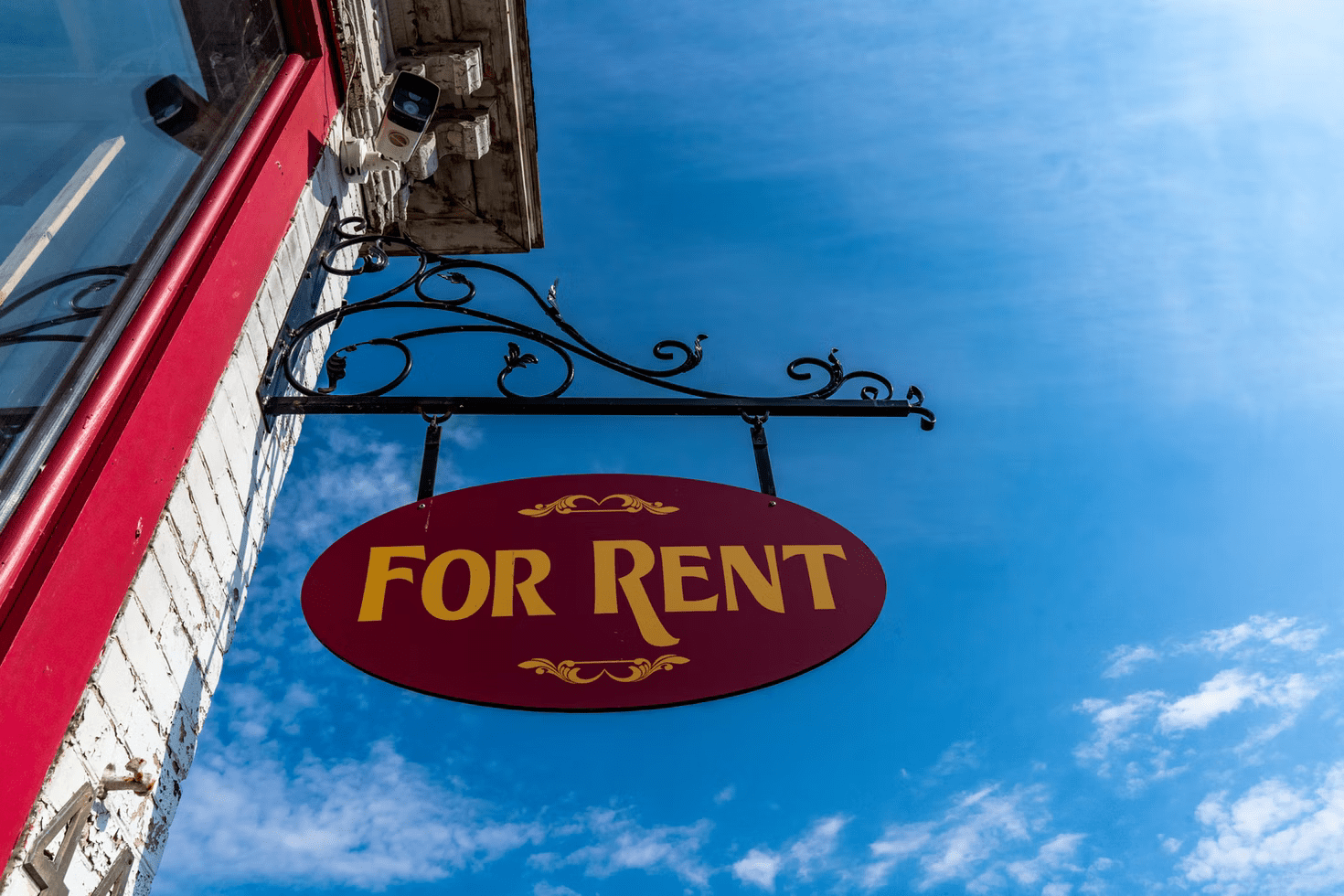
Here’s something you may not have considered: once you sell your home, what if you could keep living there?
This is the promise of a rent back agreement. With this arrangement, sellers agree to lease their personal property from the new owner for a time specified in the contract. This can be short- or long-term, depending on what works best for both parties.
A rent back agreement is ideal for those who don’t want to worry about the hassle and expense of moving while they search for their next home. If you decide to pursue this option, it can provide peace of mind by giving you a familiar place to stay and additional cash flow toward your new living situation.
So if this sounds like an appealing way of handling life after selling your home, here are some things to keep in mind before signing any paperwork.
Difference Between A Rental And A Rent Back Agreement
There is a big difference between the rent back agreement and rental agreements. Rent back agreements are a contract between the current owner of a property, who has decided to move out, and the tenant renting it back from that person (also known as post settlement occupancy agreement). In this kind of contract, the owner receives rent for providing the property to their tenant, who also agrees to take care of it until they leave.
On the other hand, a rental agreement is an arrangement between two parties in which one party (the landlord) rents out property or goods to another party (the tenant). In this type of agreement, the landlord provides shelter for their tenants for their monthly rent.
When Should You Consider A Rent-Back Agreement To Your Offer?
If you need to sell your home but don’t have a new place to move into, a rent back agreement can be beneficial. This allows you to generate some income from the sale of your home while buying time for your real estate agent to find you the perfect new place. It can also be used as a backup plan if you move out of state or relocate to an expensive area like San Francisco.
Including a rent back clause in the agreement for the sale of your home is typically not recommended. However, if you already have somewhere else lined up before selling your home, unless it is challenging to conclude the purchase contract in time (e.g., due to a delay in receiving financing). If that’s the case, and your buyer is willing to agree on a rent back clause with reasonable terms, then it may be a win-win situation for both parties involved.
How Long Is The Rent Back Period A Property?
As a seller, you’ll want to be reasonable about the length of your rent back period for two main reasons. First, having the property empty means that you no longer have to worry about making mortgage payments, insurance payments, and other costs associated with property ownership.
Second, having the title to your new home is a necessary first step in selling your existing house—you can’t buy one without getting rid of the other (unless you’re in a unique situation). So there’s an incentive to be reasonable concerning how long you wish to stay in your old home once it sells.
Suppose you plan to request a rent back period as part of your sales process agreement. In that case, you must consider whether staying in your home for some days after the closing date is actually feasible for both parties. You should also consider whether or not moving out sooner might be preferable for all parties involved.
Perhaps if you agree to move out before the closing date, then the buying party will agree to shorten the escrow period or reduce other fees related to buying or selling the property. Therefore, it is always wise to keep a good business relationship with the buyer or seller when it comes to real estate to be in a win-win situation.

Advantages Of A Rent-Back Agreement For The Buyer
There are many advantages to a rent back agreement for the buyer. If you can’t move into your new home right away, you can use this time to get everything set up and prepare yourself logistically. You don’t have to move out of one house, then out of another before moving into your new one.
You can also take your time looking for a new home and not feel rushed to decide. This means that you won’t settle for a house that doesn’t suit all your needs.
Other advantages extend beyond logistics. As the home buyer in this rent back situation, if you’re happy with the home you’ve purchased and just want to stay there as long as possible, a rent back agreement gives you that option without having to continue paying mortgage on two houses at the same time!
However, there are some downsides to consider when deciding whether or not it’s worth it for you to enter into this type of arrangement.
Downsides Of A Rent-Back Agreement For The Buyer
Rent back agreements are an excellent way for sellers to use their investment property while waiting to sell it, but a buyer has some downsides.
- Buyers will need to pay a security deposit and any owed rent.
- Buyers will have to purchase insurance coverage for the home if they don’t already have it.
- Buyers will need to stay in the house until the seller moves out; you can’t leave early. Sometimes this can be problematic if you decide that you need to move before the seller does. Still, your contract expressly states that you must remain in the house until the seller has vacated their residence there.
- If your contract doesn’t include your right to cancel, then you will have no choice but to stay in the home until your rental period is up.
- It may be challenging to deal with someone as both a renter and a landlord.
However, if this arrangement sounds beneficial for your particular situation as a buyer, don’t let these things stop you from looking into it further!
Advantages For The Seller Of A Rent-Back Agreement
If you are selling your house and need more time to find another place to live, you may want to consider entering into a rent back agreement with the buyer of your house. Rent back agreements allow home sellers retain possession of their homes for a short time after closing, usually 30 days.
These agreements are beneficial because they give you the flexibility of moving at your own pace. You can sell your house quickly, knowing that you’ll be able to stay for up to 30 days after closing. This gives you time to make arrangements for moving your belongings, family, and pets from one home to another.
This flexibility also allows you to save money on movers or truck rentals while planning your move. You could even hire movers just before closing so that they will be available within days (or even hours) after signing over ownership of the house.
Downsides For The Seller Of A Rent-Back Agreement
Before agreeing to a rent back arrangement, sellers should carefully consider the downsides of this agreement. For example, if the home is vacant, you are still responsible for all maintenance, insurance coverage, and utilities. If something goes wrong with your home while you’re away (i.e., a burst pipe or roof leak), the seller pays for repairs even though you aren’t living there.
Additionally, suppose your home is vacant, and there is no renter to take over your mortgage payments. In that case, it is up to you to continue making payments until closing.
Sellers who agree to rent back their homes may also have to pay a higher interest rate on their mortgages because they will have to reapply for a new loan when they move out. This might affect how much money sellers can use from the proceeds from selling their old home toward buying a new one.
Finally, in some cases, buyers may want renters out by a specific date so that they can begin renovations or prepare the property for immediate occupancy by new owners.
Tips To Protect Both Parties’ Rights In A Rent-Back Agreement
The terms of this agreement can be complex, but it’s essential to understand how they work to protect yourself as both the buyer and the seller. Here are some tips on how to protect your rights:
- Whether you’re a buyer or seller, you must read the contract carefully before signing it. Make sure that you know what you agree to, and get it in writing if you’re unsure about anything at all.
- Keep copies of everything relevant to this transaction. This includes all emails between you as the buyer and your landlord/seller during negotiations, any agreements made verbally, and any other paperwork related to this agreement (such as security deposit, closing costs payment, and other additional factors). You never know when something might come up later, so keep track of everything.
- Be aware of any deadlines that apply to inspections, repairs, or other deadlines to get into your new home on a set period after the closing date (if applicable). If there’s no deadline specified in writing somewhere, then don’t assume anything—ask questions if necessary to avoid misunderstanding.

The Bottom Line
Overall, rent back agreements can offer a viable solution for all parties involved. Sellers will have time to find a new home or wait out an unideal competitive market while earning extra income with their rent back agreement. Buyers receive the opportunity to close on their dream home earlier than they otherwise would be able to.
However, buyers should be flexible with closing dates to minimize the need for a rent back agreement. Sellers should be proactive and ask for a rent back agreement if needed instead of waiting for the buyer to bring it up first.
To ensure that your rent back agreement is air-tight and meets all of your needs, working with a trusted and experienced realtor such as HOMES by ARDOR is always recommended. They’ll guarantee that everything is done correctly so that no one runs into issues down the line for both parties involved!

In her 25-year career, Steph Wilkinson has been involved in the acquisition, marketing and sales of over $3 Billion dollars of residential real estate. A number of years ago, Steph transitioned into Brokerage Leadership for National real estate brands and tech start-ups. She has served as a Business Strategist for real estate agents and brokerages alike and is also a real estate coach and trainer. In her new role with the Iconic Team, Steph will be responsible for the growth of the team and will be working with all of our agents to increase their productivity and bottom line.




